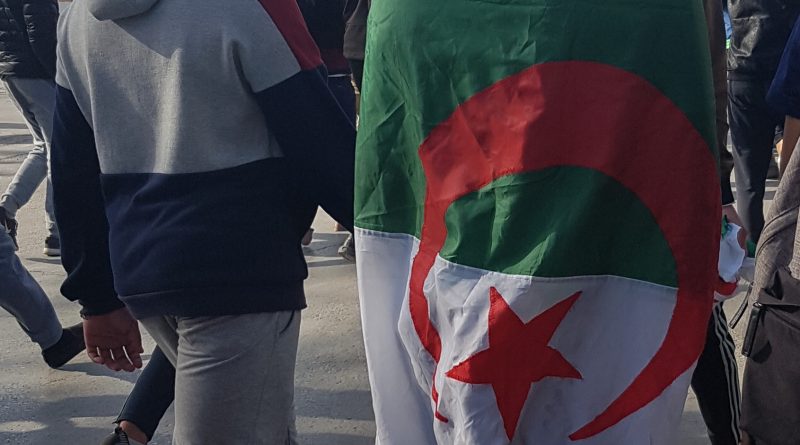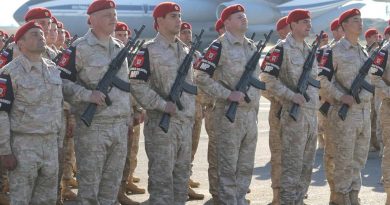No End in Sight for Algerian Presidential Protests
Alyssa Veltre
Staff Writer
Protests continue to rock Algeria, an energy-rich country in northern Africa that hasn’t seen demonstrations this large since the 2011 Arab Spring. The protests follow the decision of the sitting president, Abdelaziz Bouteflika, which he has since regressed from, to run for a fifth term and continue his two-decade-long rule.
As of March 29, Lt. Gen. Gaed Salah, a deputy defense minister widely seen as loyal to Bouteflika, called for the use of Article 102 in the Algerian Constitution, which allows the Council to declare the position of president vacant if the leader is unfit to rule, according to BBC. This decision was made with the consideration that Bouteflika is paralyzed, mute, and has not been heard from publicly since his stroke in 2013, said the New York Times.
“We feel like we’ve been violated for 20 years,” said Mohamed Islam, a 27-year-old doctor. “It’s time to break the chains.”
Protestors were not appeased by Bouteflika’s decision not to run for a fifth term, as it still allowed him to remain in office until elections, which have been delayed. Under the constitution, the head of the Senate, Abdelkhader Bansallah, would become the acting head of state.
It is also not guaranteed that the upcoming election would be a free one. Particularly in younger protestors, there is a lack of enthusiasm to see Bouteflika’s power transferred to his allies, as reports an additional source from the New York Times. Algeria’s youth has reason to be upset, as they suffer the highest unemployment in the country, reports Time Magazine. This statistic is particularly concerning, as 70 percent of the country’s population is under the age of 30.
“I am not saying this to scare people, no. I am not trying to take advantage of the past, but we should also remember that in Syria it also began with roses,” Prime Minister Ahmed Ouyahia said to the Wall Street Journal. The ruling National Liberation Front, the army, and the Chief of Staff have also joined in praise for the demonstrators.
It appears that Bouteflika and his allies could maintain their grip despite pressure to step down and install a temporary prime minister. Importantly, Islamist political factions will strengthen their authority in a mostly secular country, according to The Atlantic. Additionally, forces in Algeria have tried to suppress individual liberties, particularly the rights of women. The national presidential elections have been rescheduled for April 18.


